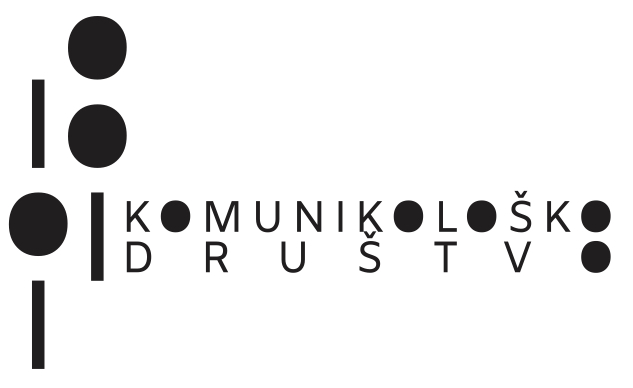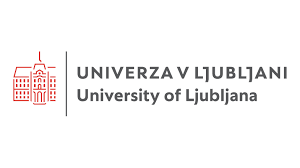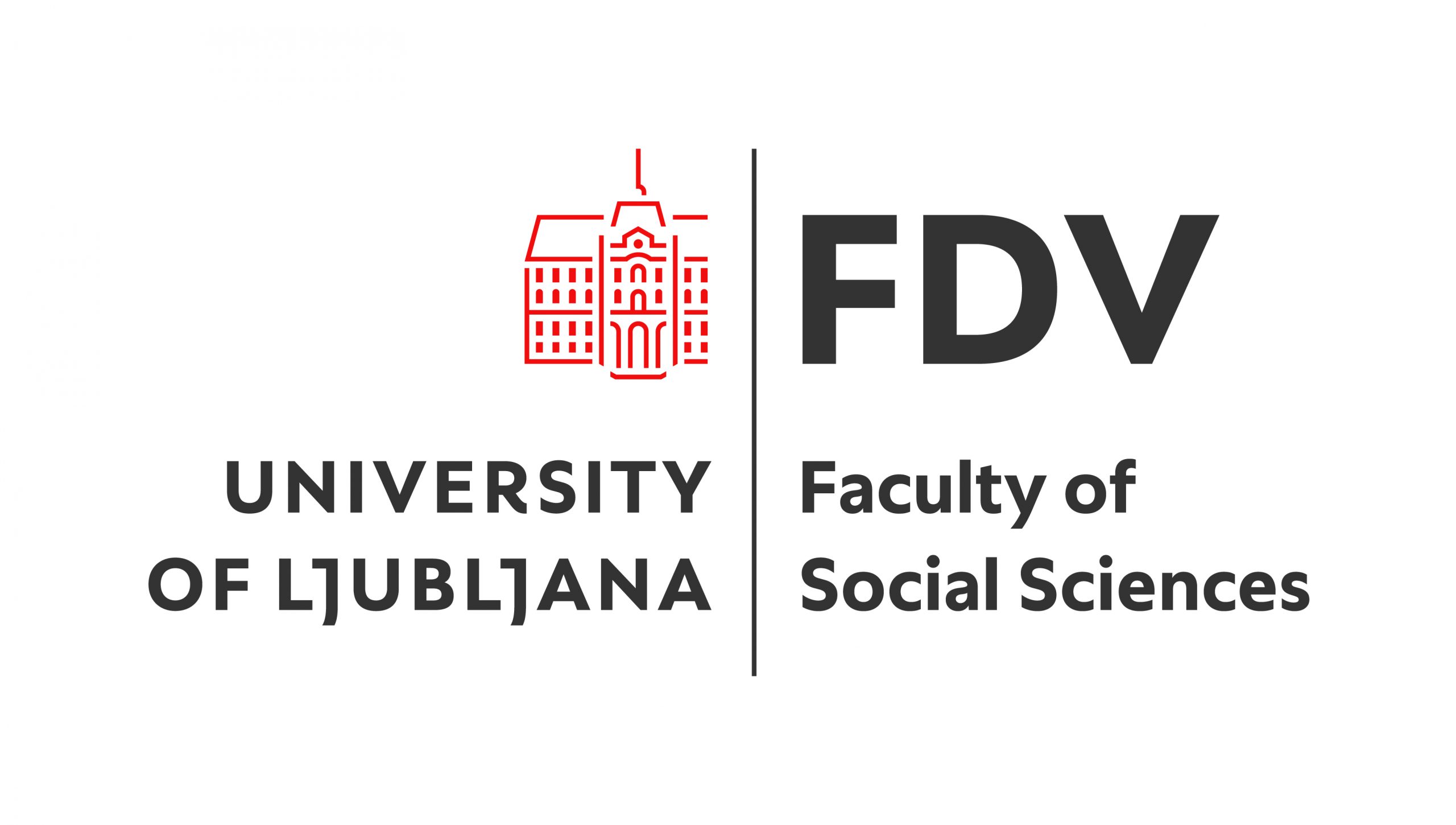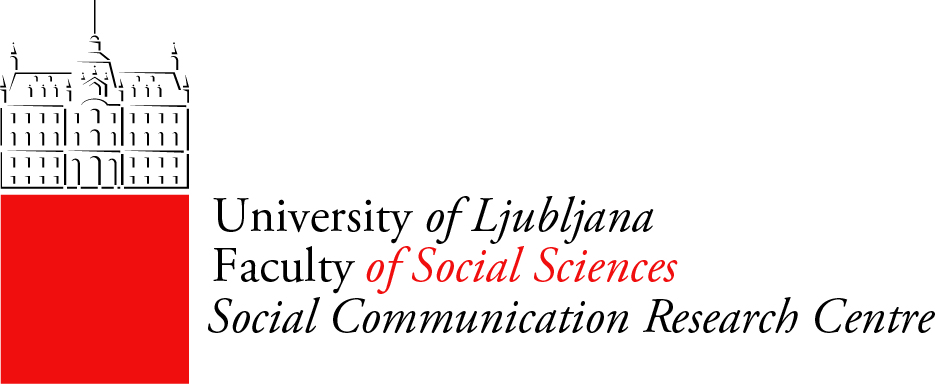Conference Hosts
The Slovene Communication Association
The Slovenian Communication Association brings together all adults working in the field of communication and in other fields dealing with social communication problems. Its aim is to promote and strengthen the development of communication as a scientific and professional field. The Association fulfils its mission by promoting and linking professional, scientific research and educational work in the field of communication, by emphasizing the interdisciplinary and institutional integration of communication studies and other fields dealing with social communication problems, and by linking the Association with related societies and associations at national and international levels.
To find out more please visit kom-drustvo.si.
Faculty of Social Sciences, University of Ljubljana
University of Ljubljana is the oldest and largest higher education and scientific research institution in Slovenia. It was founded in 1919 and has 23 faculties and three arts academies. Each year around 38.000 undergraduate and postgraduate students upgrade and develop their knowledge and skills at the country’s largest educational institution, famous for top-quality achievements in social science, natural science, humanities, medicine, technology, and engineering, as well as for artistic achievements by the three academies. Furthermore, the University has been most successful in research and is therefore the central and largest research institution in Slovenia, with 30% of all registered researchers. It promotes interdisciplinary and multidisciplinary studies and exchanges its achievements in science and art with other universities and scientific research institutions. A particular concern of the University of Ljubljana is the transfer of knowledge to the economy, which is why it cooperates closely with Slovenian and foreign companies. Its partners include multinational corporations and top Slovenian companies.
To find out more please visit uni-lj.si.
The Faculty of Social Sciences (FDV) is well known for its interdisciplinary study programmes, research activities and high-quality teaching, as well as many curricular and extra-curricular activities. The faculty builds its academic excellence through outstanding theoretical and empirical research, extensive scholarly publishing, and a successful transfer of research results in curricula as well as the industries. Up-to-date, relevant, and interactive study programmes offer extensive, relevant, systematic, high quality and applicable knowledge about society and social phenomena, both nationally and internationally. Interactive and contemporary study programmes offer a broad understanding of and insight into what is happening in society, as well as a solid basis for developing a critical view of the contemporary social phenomena and for thinking about the challenges, and their possible solutions. At the faculty students are encouraged to actively engage with teachers, get involved in our ongoing research projects, extracurricular activities, and social issues. The faculty is also proud on having Slovenia’s largest social sciences library and its own publishing house.
To find out more please visit fdv.uni-lj.si.
The Social Communication Research Centre
The Social Communication Research Centre studies processes of social communication, as well as the economic, political, social and cultural determinants and consequences of communication processes in the field of mass and digital media, in both national and international contexts. The research programme includes the study of the phenomena of publicness and the public sphere, political communication, journalism, journalistic professionalism and ethics, lifestyles and media consumption, and the history of (Slovenian) media.
The Centre’s early beginnings date back to the 1970s when Tomo Martelanc acquired a UNESCO research grant for the project External Radio Broadcasting and International Understanding: Broadcasting to Yugoslavia. In September 1971, UNESCO adopted an international programme for communication research. Within that programme, one of the key themes was “research into international communication structures”; the first project of this programme was carried out in Slovenia.
Since then, Members of the Centre actively participate in international scientific associations and the organisation of scientific meetings. Since 1987, they have co-organised the EURICOM international scientific colloquia on communication and culture, taking place partly in Slovenia, but also in other EU countries and in the USA. To date, 32 colloquia have been organised, attended by a total of nearly 1,000 participants from all over the world discussing the issues of media, democracy, journalism, public opinion and related topics that are the subject of research at the CSCR. Presentations and debates in the colloquia have been published in several special issues of international scholarly journals, and several books such as Information Society and Civil Society: Contemporary Perspectives on the Changing World Order, eds. S. Splichal, A. Calabrese & C. Sparks (Purdue University Press, 1994); Tabloid Tales: Global Debates Over Media Standards, eds. C. Sparks & J. Tulloch (Rowman & Littlefield, 2000); C. Christians, T. Glasser, D. McQuail, K. Nordenstreng & R. White, Normative Theories of the Media: Journalism in Democratic Societies (Illinois University Press, 2010).
To find out more please visit fdv.uni-lj.si.
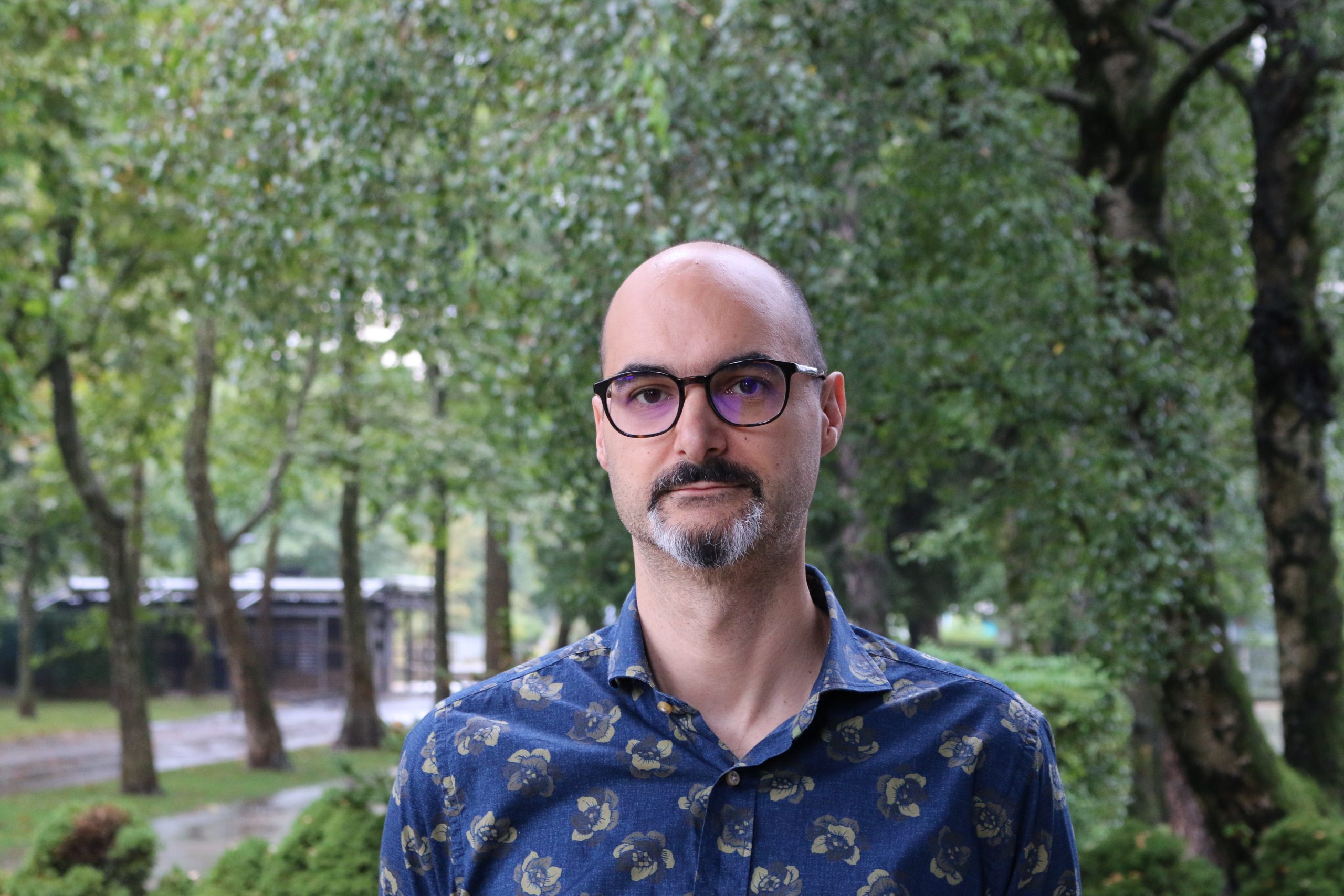
Ilija Tomanić Trivundža
Ilija Tomanić Trivundža (LOC chair) is an Associate Professor at the Department of Media and Communication Studies and a member of Social Communication Research Centre at the Faculty of Social Sciences, University of Ljubljana (Slovenia). His primary research interest spans across the field of visual communication with special focus on the social and political role of photography in contemporary mediated communication. He is a former ECREA President (2016-2021) and Vice-President (2012-2016).
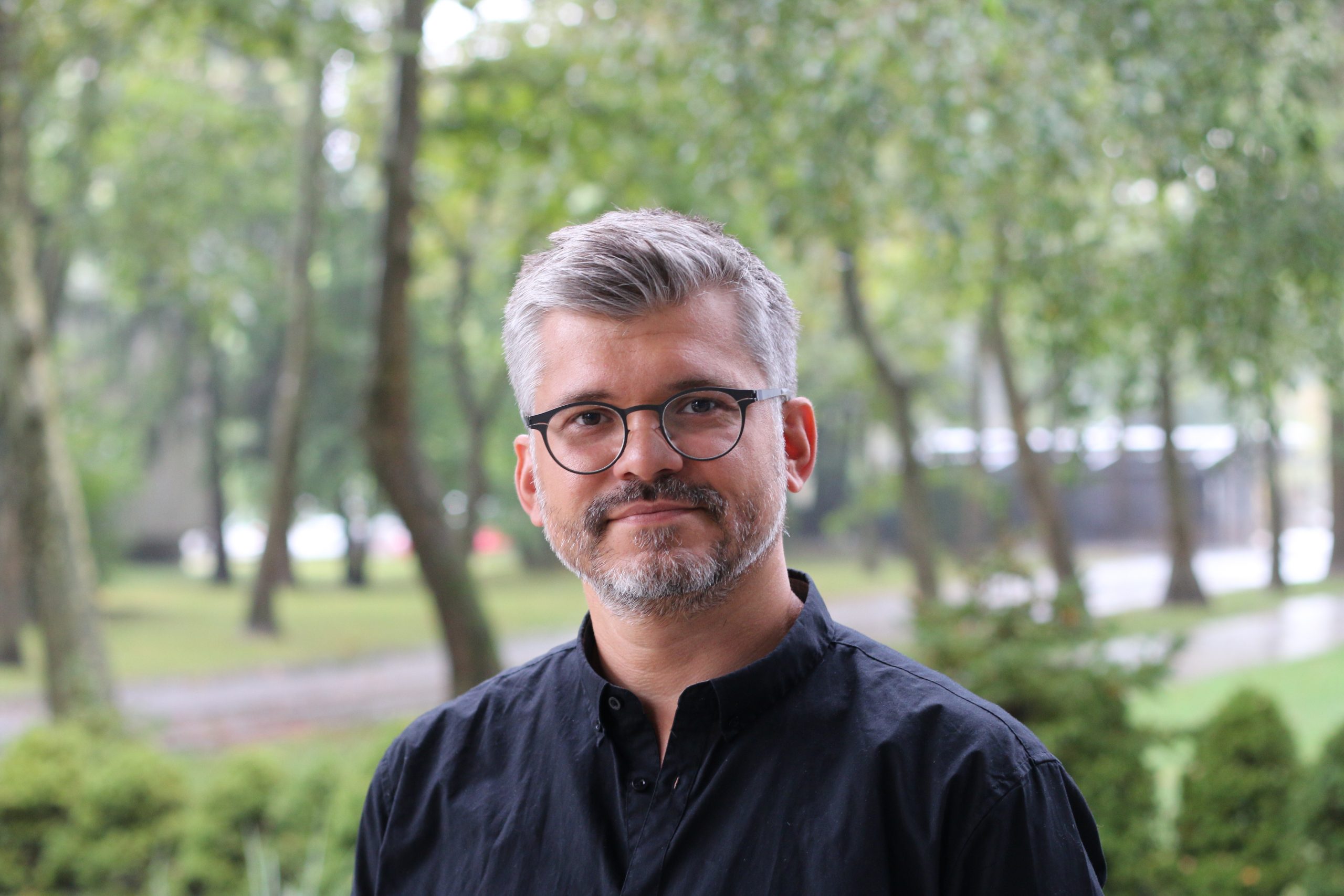
Igor Vobič
Igor Vobič is a Professor at the Department of Journalism at the Faculty of Social Sciences, University of Ljubljana, and a researcher at the Social Communication Research Centre at the same institution. His research interests encompass the material and discursive aspects of technological innovations in journalism, with a focus on transformations of news making, societal roles of journalism, and journalistic identity and ideology.
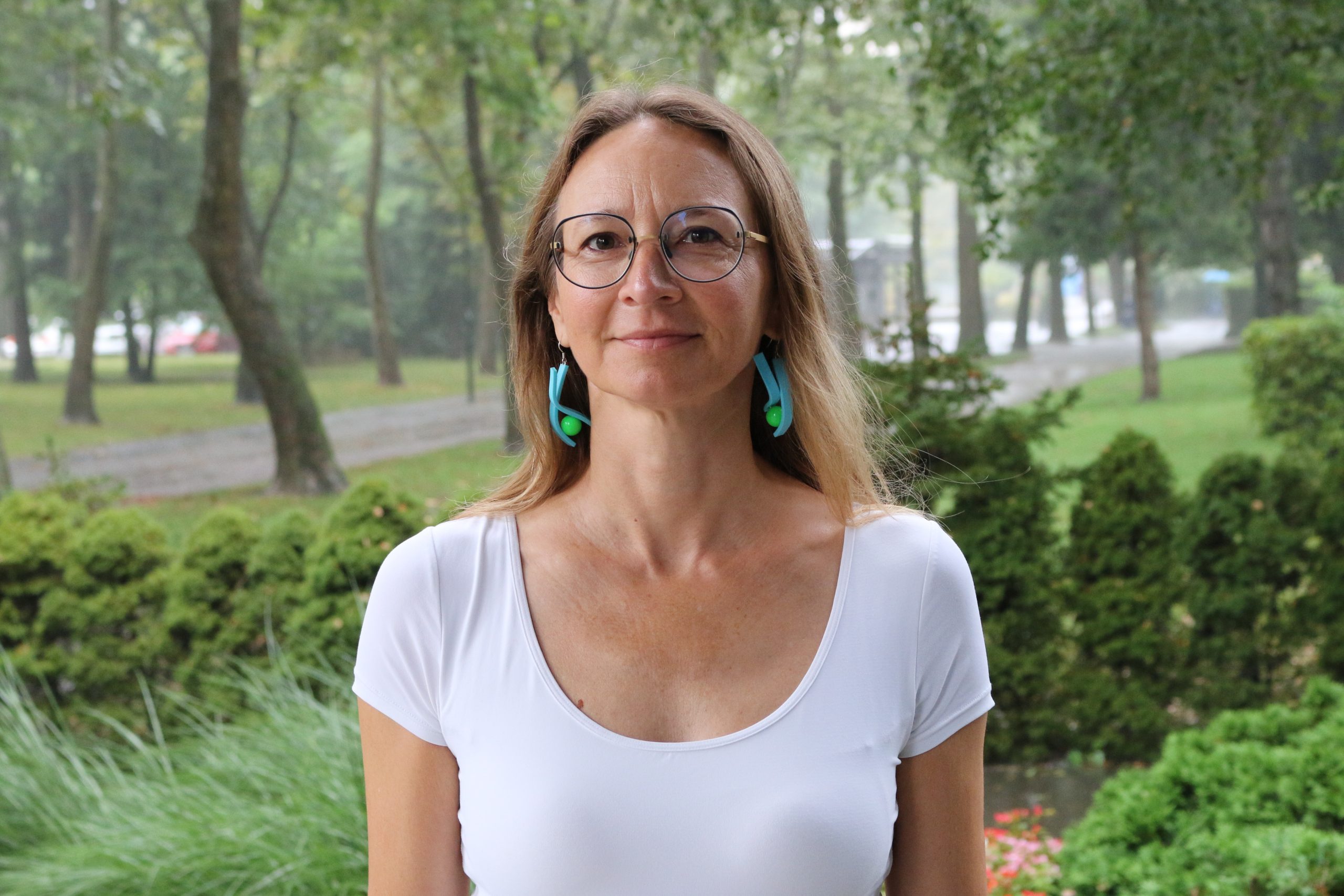
Tanja Kamin
Tanja Kamin is a Professor in the Department of Communication Studies and head of the Research Centre for Social Psychology at the Faculty of Social Sciences, University of Ljubljana. Her research focuses on critical studies of everyday life, seen as the intersection and confrontation of macro- and micro-politics. Her research focuses on understanding the emergence and reproduction of social problems and finding ways to address them. She specialises in developing approaches to achieve behavioural and social change, particularly in the areas of health and healthcare, nutrition and clean energy.
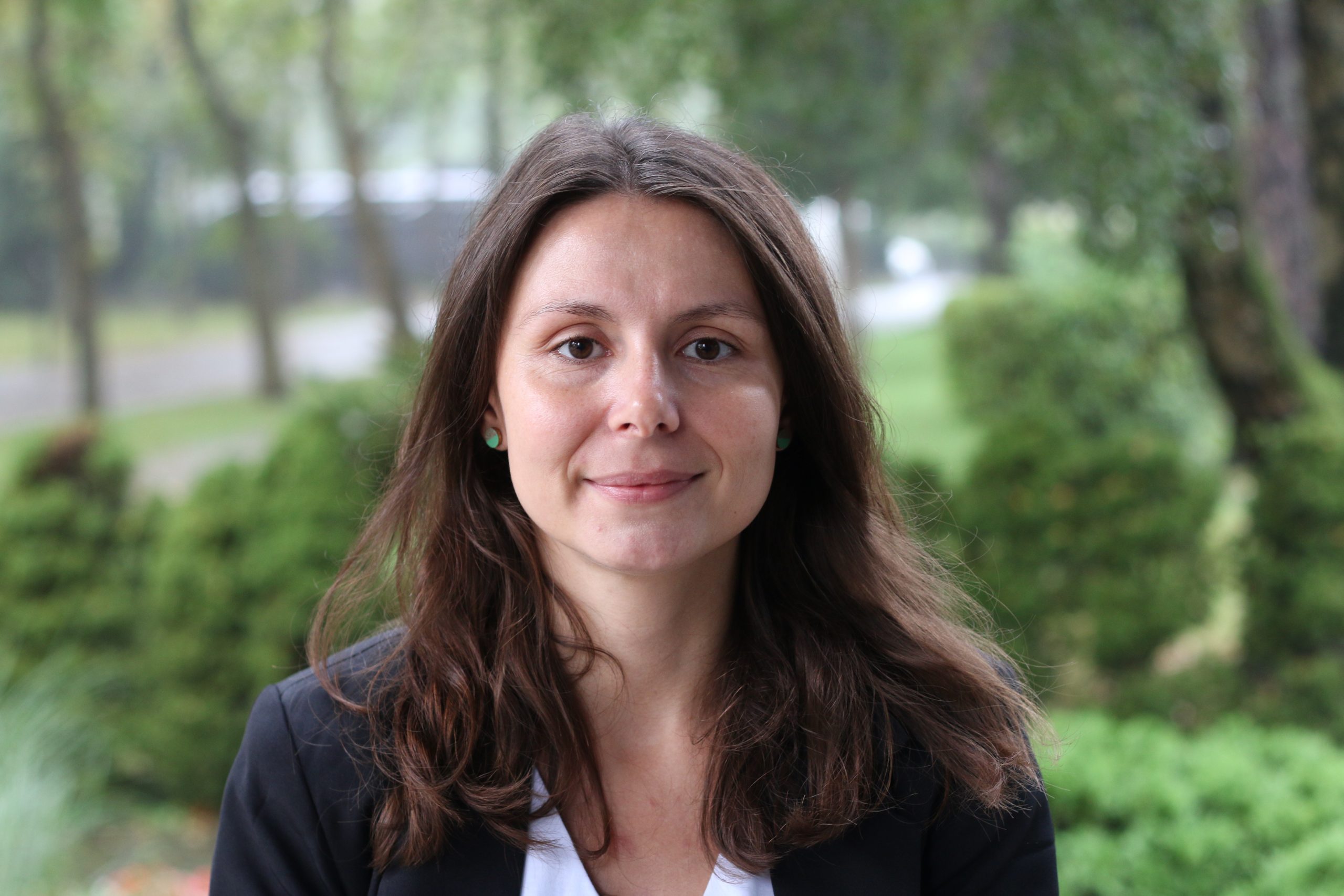
Sara Atanasova
Sara Atanasova is an Assistant professor and researcher at the Centre for Methodology and Informatics, Faculty of Social Sciences, University of Ljubljana. Her research focuses on the study of the impact of information and communication technologies on various social aspects of health and healthcare. Her current research topics include empowerment theory, online health communities, (online) doctor-patient interaction, (digital) health literacy, the development of measurement instruments and the adaptation of qualitative and quantitative research approaches and designs tailored to specific research problems.
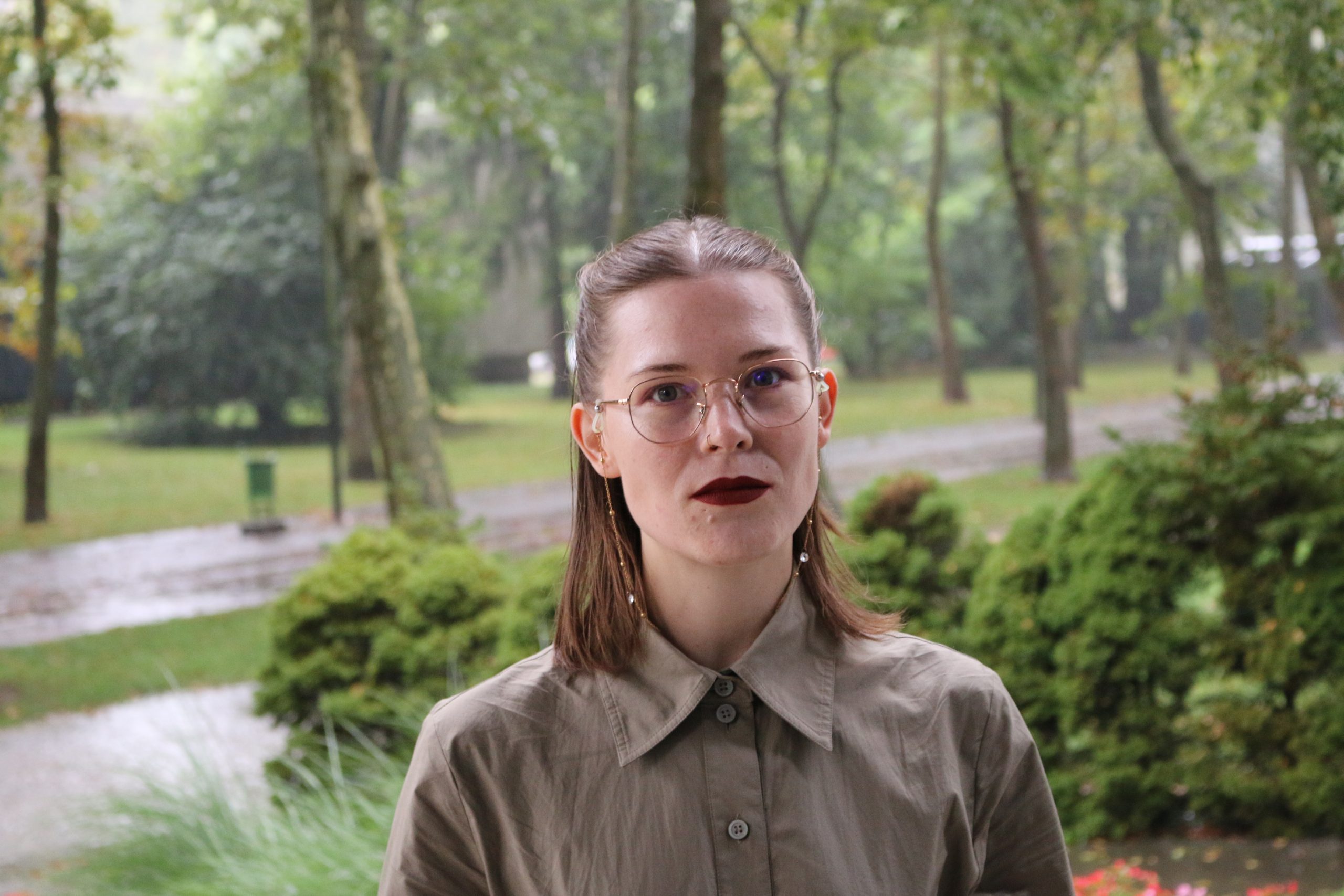
Tonja Jerele
Tonja Jerele is a junior researcher and PhD candidate at the Social Communication Research Centre and a Sexual Harassment Officer, both at the Faculty of Social Sciences, University of Ljubljana. Her research interests lie at the intersection of critical algorithm studies, political economy of platforms and feminism. In her spare time, she is the coordinator of the research based collective Rezistenca, dedicated to the fight against sexual harassment in HE.
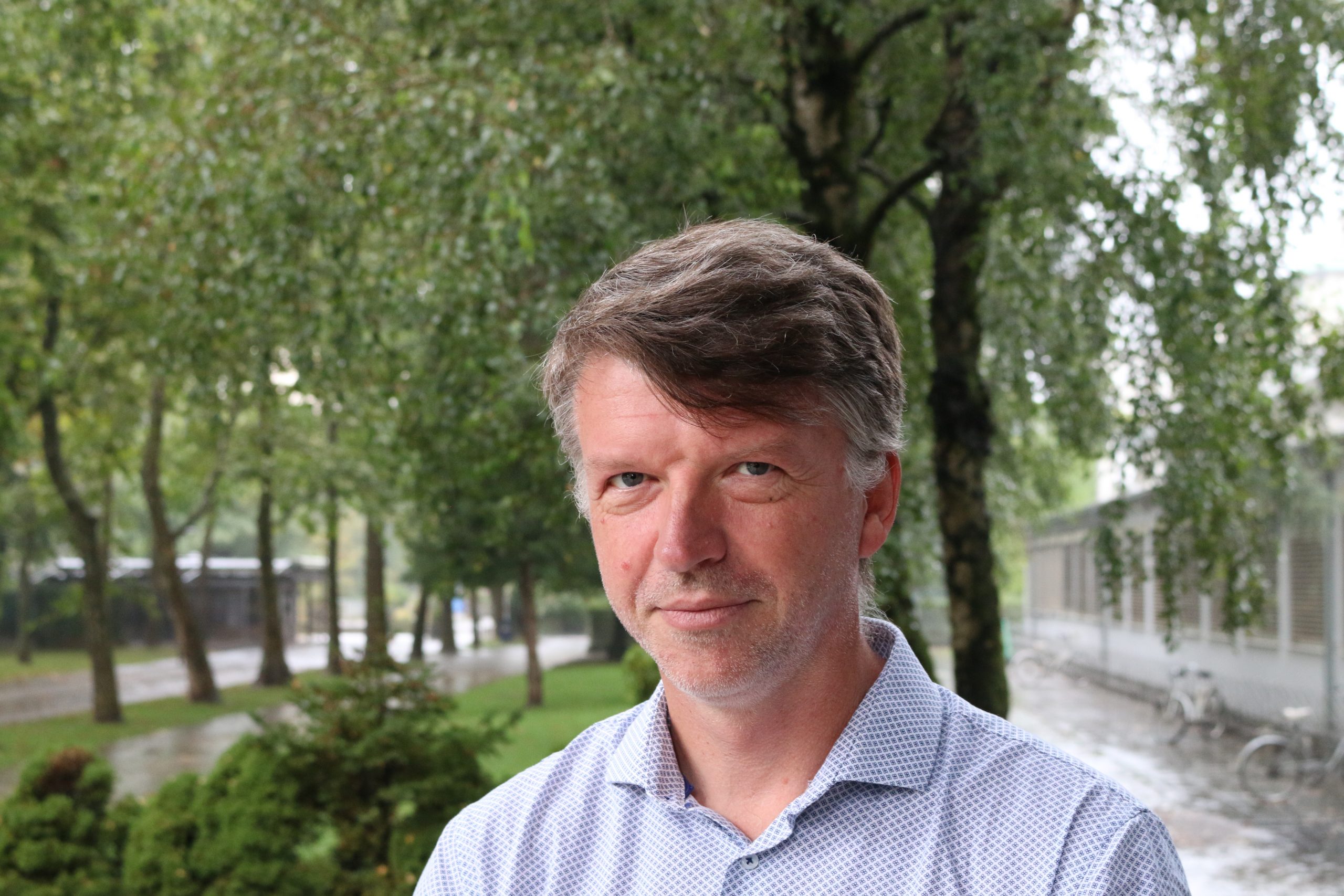
Boris Mance
Boris Mance is a president of Slovenian Communication Association and researcher at the Social Communication Research Centre at the Faculty of Social Sciences, University of Ljubljana (Slovenia). Although his fields of interest are in political communication, critical communication scholarship, methodology and scientific publishing, Boris deeply believes in savoring life beyond the confines of academia.
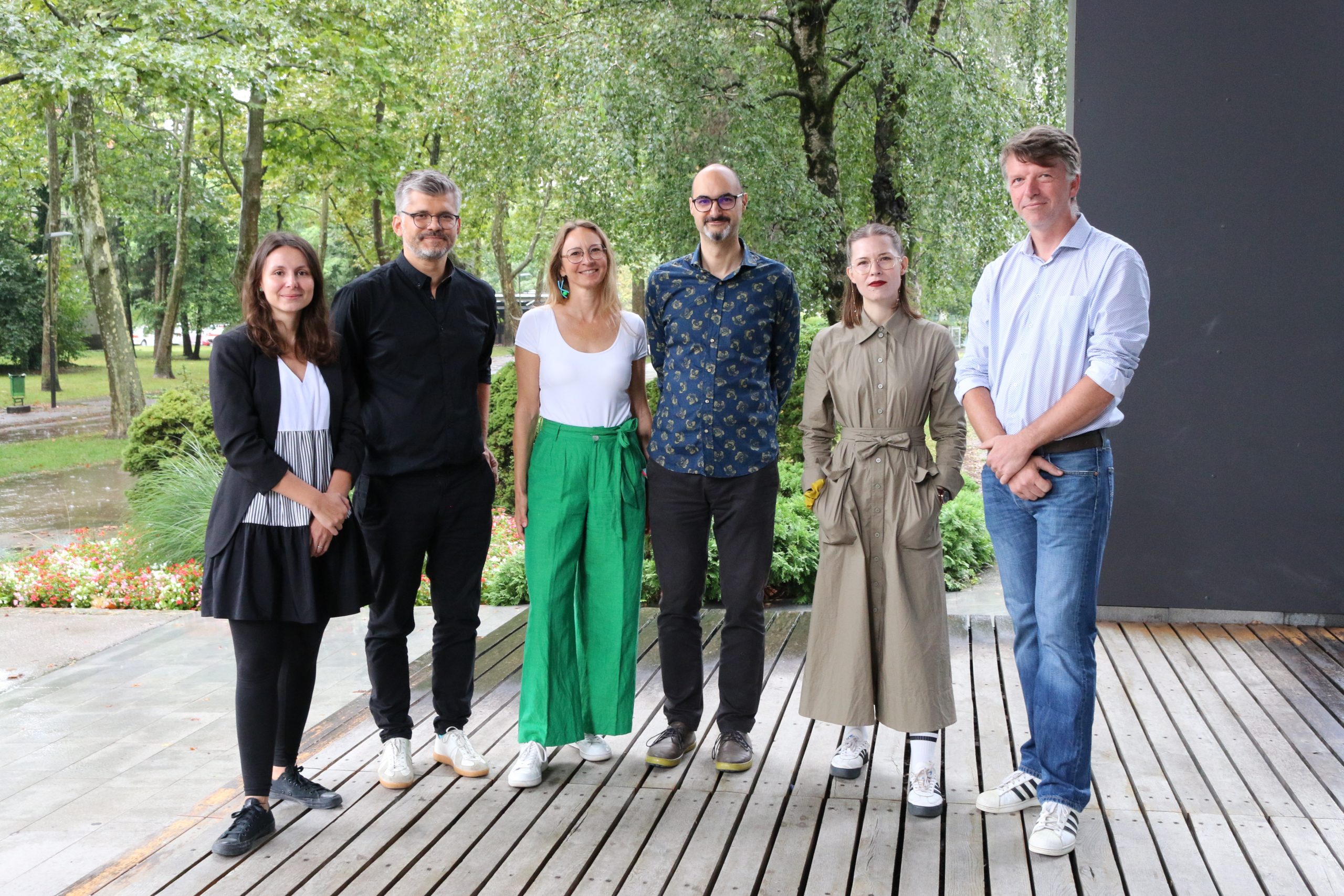
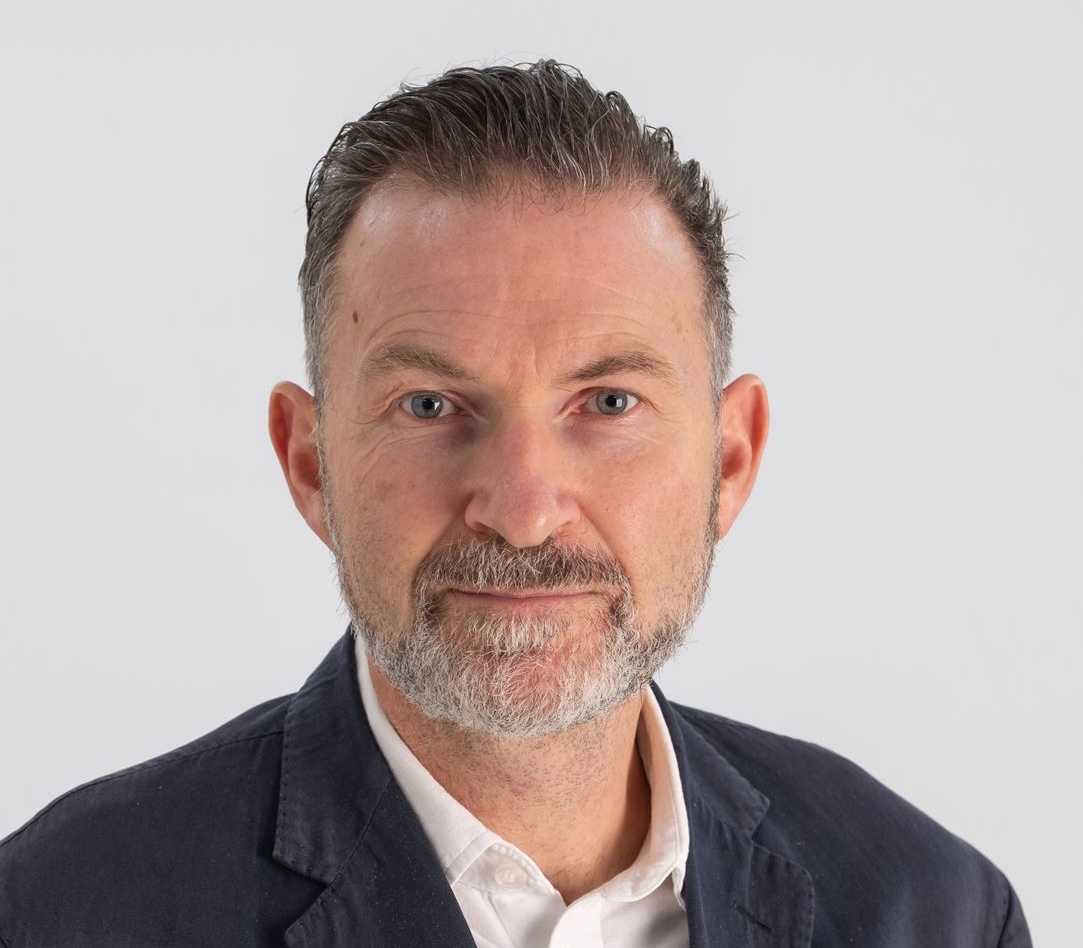
John Downey
John Downey (ECREA President) is Professor of Comparative Media Analysis at Loughborough University, UK. John read Social and Political Sciences at Cambridge University where was a Senior Scholar at Gonville and Caius College and the Graythorne Scholar and Beaumont Scholar at Jesus College. His PhD was about the Frankfurt School and John was a post-doc at the Graduate College for Communication Sciences at Siegen University in Germany. John joined to the Department of Social Sciences at Loughborough in 2000. He was a Visiting Professor of Sociology at Williams College, Massachusetts in 2007. He is currently a Visiting Professor at Shanghai Jiao Tong University.
John continues to work through the implications of Critical Theory for the study of communication and media highlighting the importance for the field of engaging with political philosophy and social theory and also the role of academics as participants in the public sphere. As well as receiving funding from the UK’s Economic and Social Research Council on three occasions for his research, he has conducted research for the BBC Board of Governors, the BBC Trust, the Office of Communication, the Electoral Commission, the Commission for Racial Equality, and the Guardian newspaper. He is an Executive Board member of the Media, Communication and Cultural Studies Association in the UK.
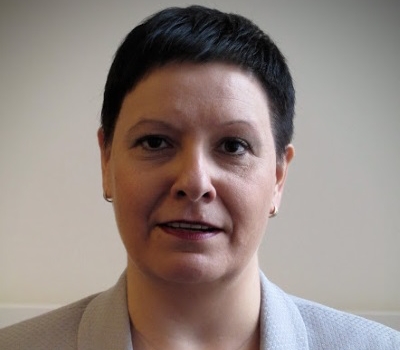
Irena Reifová
Irena Reifova (ECREA Vice-President) is an Assistant Professor at the Department of Media Studies, Institute of Communication Studies and Journalism, Faculty of Social Sciences, Charles University, Prague, Czech Republic. Her research and teaching interests are at cultural studies, theory of popular culture, television studies and post-socialist mediated memory. Her methodological focus is on qualitative methodology. She completed her PhD and joined Charles University in 1999. In 2011-2015 she worked as the Research Director at the Institute of Communication Studies and Journalism. She was a founding member and later Vice-Chair of ECREA Central and East-European Network. Irena Reifova was member of Management Committee of COST Action IS0609 Transforming Audiences, Transforming Societies in 2011-2014 and she was a principal leader of two nationally-funded research projects. In 2015 and 2016 she was a part of Czech critical initiative focused on unethical publishing practices.
She publishes her research nationally and internationally in edited books and peer-reviewed journal. She is a member of an editorial board of CM: Communication Management Quarterly (Serbia) and Iluminace (Czech Republic). In 2016 she was Chair of Local Organising Committee of the 6th ECREA conference in Prague.
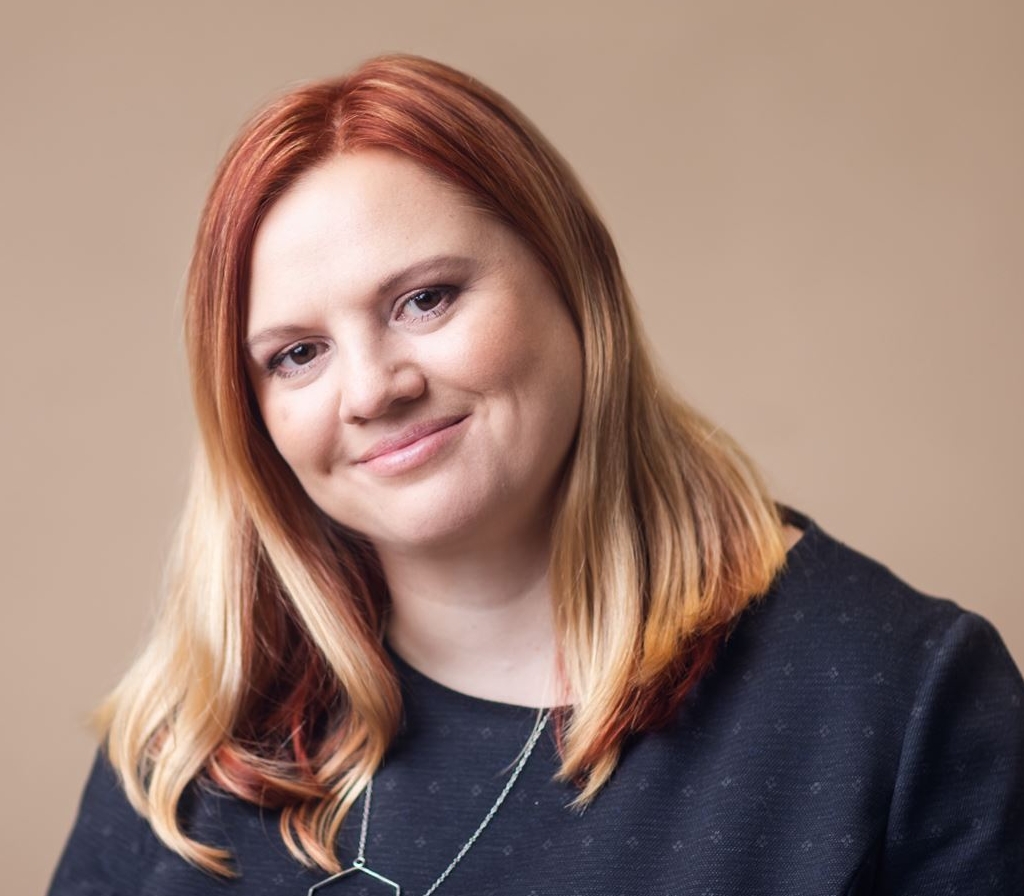
Andra Siibak
Andra Siibak (ECREA General Secretary) is a Professor of Media Studies and program director of the Media and Communication doctoral program at the Institute of Social Studies, University of Tartu, Estonia. Her main field of research has to do with the opportunities and risks surrounding internet use, social media usage practices, datafication of childhood, new media audiences, privacy and cybercrime. Her forthcoming monograph “Datafied Childhoods: Data Practices and Imaginaries in Children’s Lives”, co-authored with Giovanna Macheroni, will be published by Peter Lang in autumn 2021. Andra has engaged in various international research projects and networks (e.g. EU Kids Online) and acted as expert consultant on Estonia for projects initiated by the European Parliament, European Commission, European Council and OECD.
Andra is a member of the Estonian Young Academy of Sciences (since 2016), and in 2021 she was nominated to become a member of Film, Media and Visual Studies section of Academia Europaea.
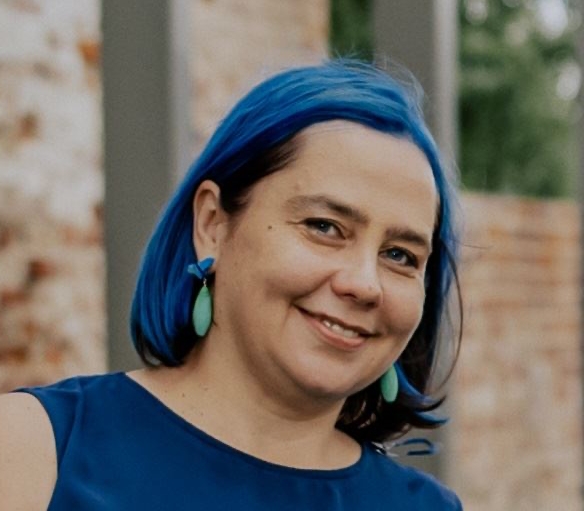
Pille Pruulmann-Vengerfeldt
Pille Pruulmann-Vengerfeldt, member of Academia Europaea, is a professor in media and communication, Malmö University since November 2016. Pille comes from University of Tartu where she obtained her PhD and worked last as a professor. Her research interests have focused on questions of cultural citizenship and participation in various online and offline contexts. She has studied engagement in museums, libraries and within the context of public broadcasting. She has also worked internet users and social applications of new technologies. She is currently the international director of European Media and Communication Doctoral Summer School and has been engaged with the summer school as student, teacher and organizer since 2004. She has participated and been a leader of different national and international projects. She has published over a hundred articles both in journals and as book chapters and has been part of the editorial team for more than ten books.
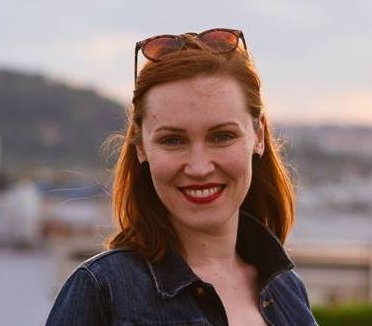
Markéta Broumová
ECREA Administrator
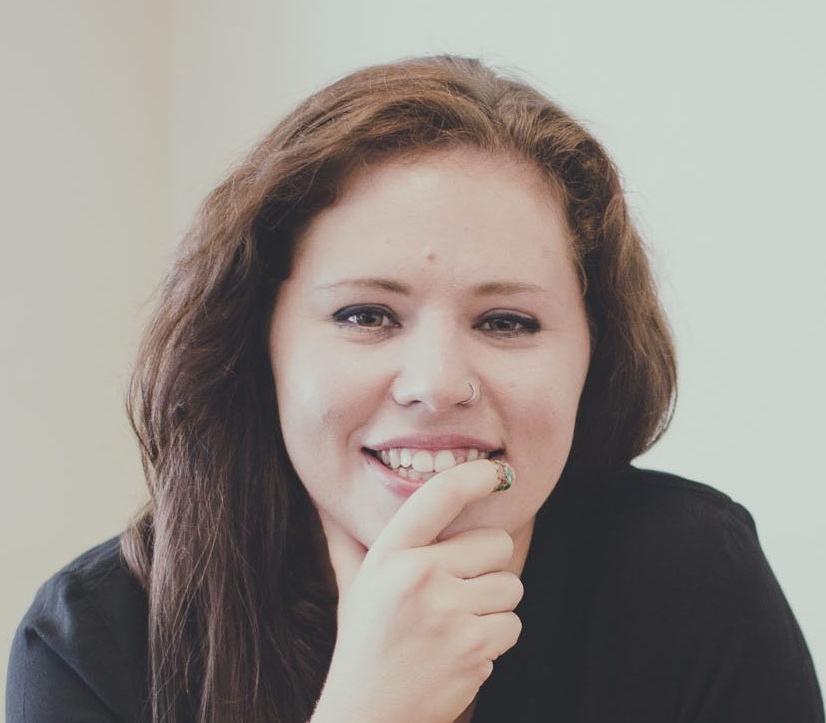
Tereza Fousek Krobová
ECREA Administrator

